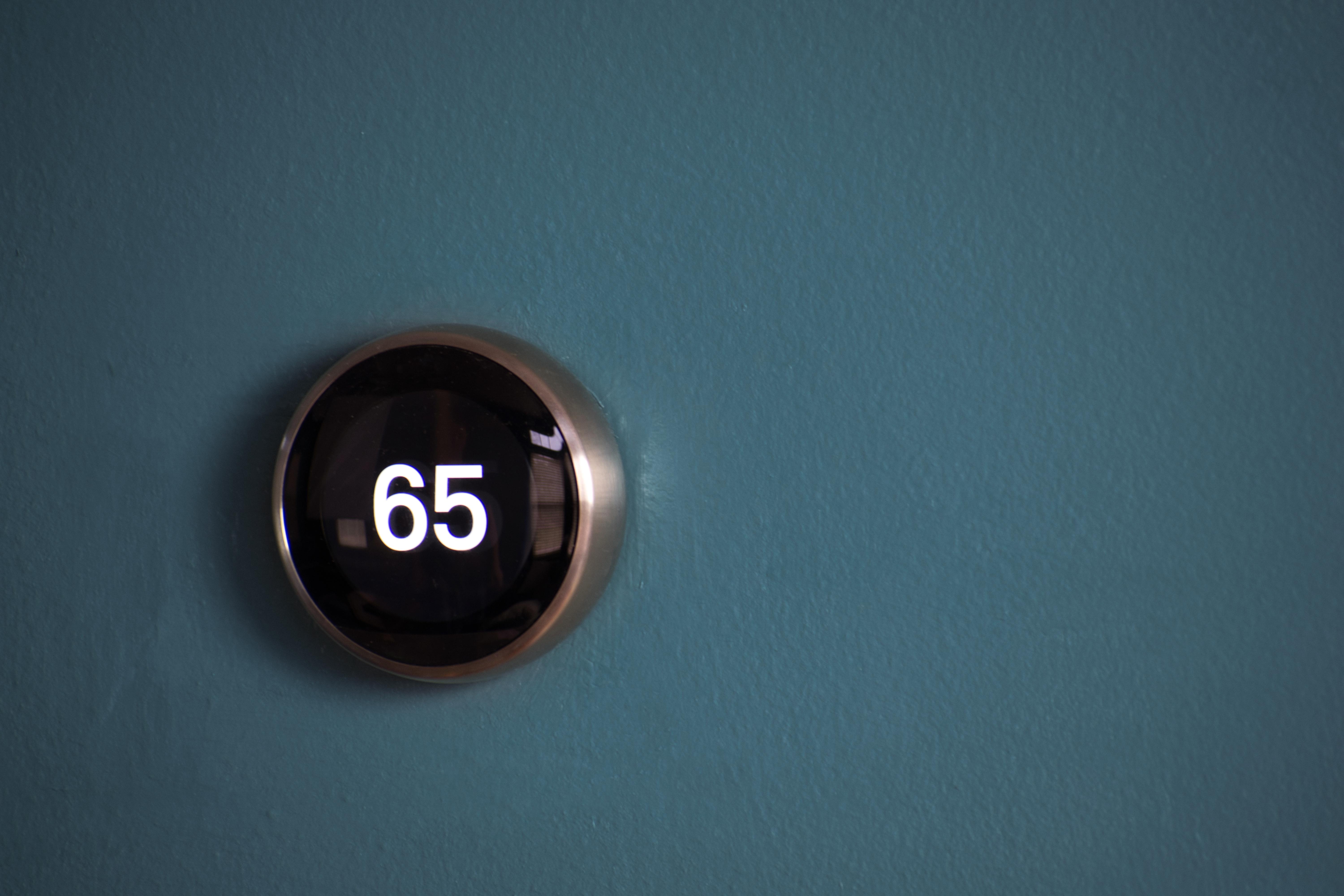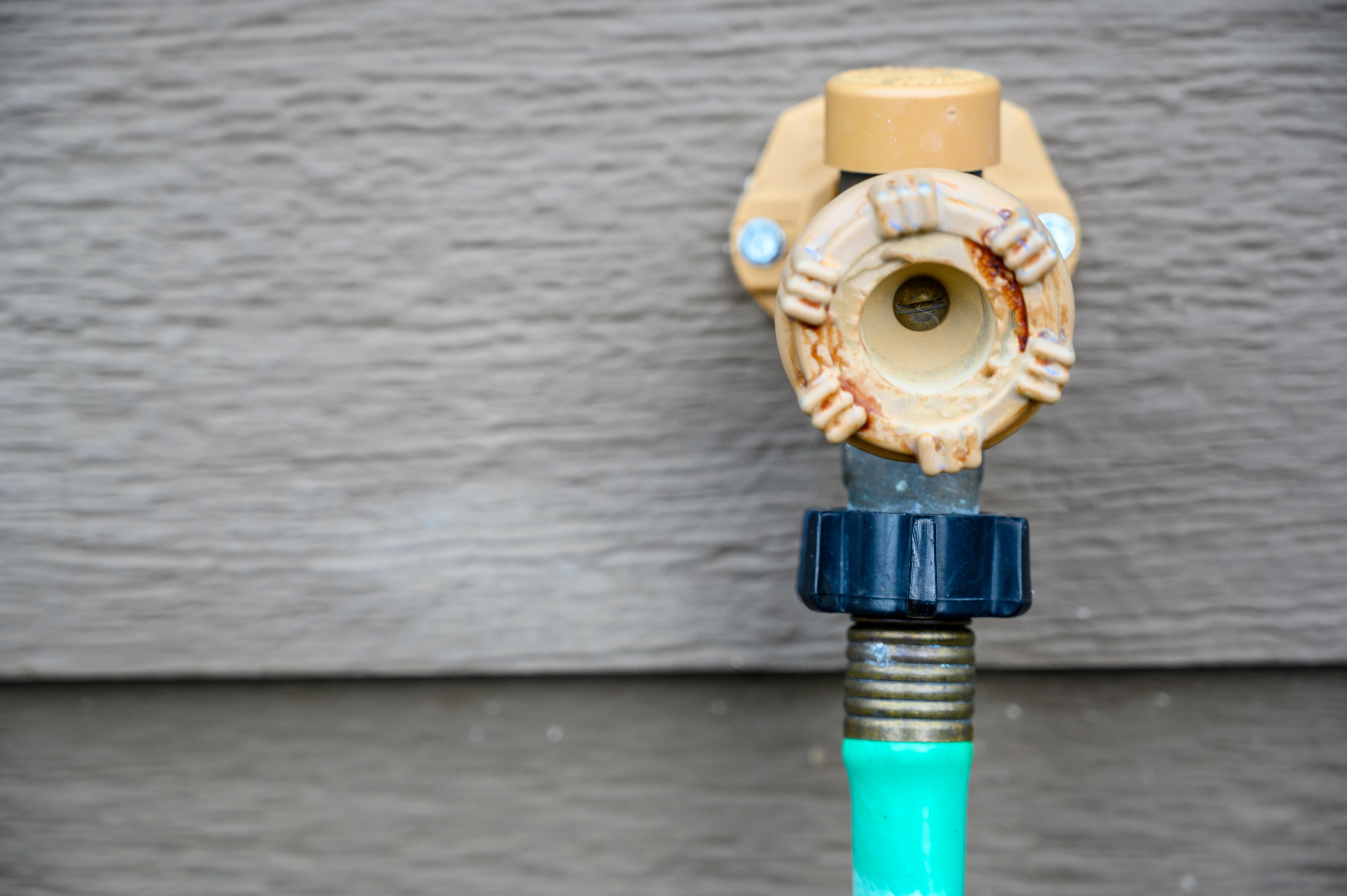An arctic cold front is headed for Maine and New Hampshire starting midday on Friday, February 3, 2023, bringing what's likely to be the coldest wind chill temperatures in almost a decade.
Standard homeowners’ policies will cover most disasters that result from a freeze—but when the weather outside is frightful, it's better to minimize the potential risks.
Here are some tips and steps you can take to make insurance losses less likely during this severe weather.
Inside the House

Keep your house heated to a minimum of 65 degrees.
The temperature inside the walls where the pipes are located is substantially colder than the walls themselves. A temperature lower than 65 degrees will not keep the inside walls from freezing.
Leave your faucets dripping.
It’s an age-old tip for a reason. If you open hot and cold faucets enough to let them drip slowly, it keeps water moving within the pipes which will help prevent freezing. We also recommend keeping the sink cabinet and vanity doors open for the weekend.
Insulate exposed pipes.
Use pipe insulation, blankets, Styrofoam, or swimming pool noodles to insulate pipes in attics, basements, and along exterior walls. In addition, seal cracks and holes near pipes with insulation or caulking.
Identify the location for the main water shutoff in your home.
Make sure you understand how it works in case you need to use it. If a pipe does burst, shut your water off immediately and do everything you can to minimize the damage, including calling a qualified plumber.
Check heating fuel levels.
Before the cold weather sets in, check your fuel levels, and schedule a refill if needed. Fill your car and generator with gas. Keep extra fuel handy in approved containers and in a safe location.
Use safe and appropriate heating systems.
If you use fireplaces, wood stoves, and electric heaters, watch them closely and make sure they are working properly. Remember to close the flue in your fireplace when you’re not using it. Make sure there are no combustible items near the heat sources and watch them closely, especially the first time in the season you use them. Do not utilize open flame appliances such as a gas oven or portable grill inside your home to produce heat. These appliances produce toxic fumes, including carbon monoxide, and are combustible without proper ventilation.
If pipes do freeze, never use an open flame to thaw pipes. Instead, use a space heater, hair dryer, or another non-open flame method to warm the pipes.
Check your detectors.
Confirm your smoke and carbon monoxide detectors are battery operated and test to confirm they’re working properly.
Outside the House

Outdoor pipes should be shut off and drained.
If you haven’t already, make sure all hoses are disconnected from outside spigots.
Park your car in the garage, if you have one.
If your garage is attached to your house, keep the garage doors closed. The door leading to the house is probably not as well-insulated as an exterior door.
Have a neighbor check on your house if you’re going to be away.
If you have to leave your home on a trip, ask a neighbor to check the house regularly. If there is a problem with frozen pipes or water leakage, attending to it quickly could mean far less damage.
Take Care of Yourself

Be mindful of the danger of frostbite.
It is strongly recommended to stay indoors Friday evening and Saturday morning. Frostbite can occur in a matter of minutes under these extreme conditions. The highest risk for frostbite is late Friday afternoon through Saturday afternoon, with the most severe risk on Saturday morning.
Whenever possible, limit outdoor activities.
Those who need to be outside in the extreme cold should wear insulated layers of clothing, and cover up all areas of exposed skin. Try to stay dry and out of the wind.
Stock up on emergency essentials.
Stock up on blankets, batteries, power sources for cellphones, flashlights, drinking water, and non-perishable food.
Travel safely.
If you have to travel by car, check tire pressure, antifreeze levels, and the heating system before leaving. It’s also wise to carry an emergency car kit with items to keep you warm in the event of a breakdown.
Take Care of Others.
Check on your neighbors, particularly the elderly.
When the weather gets cold, the elderly may develop a reduction in body temperature more easily. An excessive drop in body temperature can lead to hypothermia. This danger isn’t limited to being outside; it can also occur from being exposed to cold temperatures inside as well.
Bring pets inside.
It's a common belief that dogs and cats are more resistant than people to cold weather because of their fur, but it's untrue. Like people, cats and dogs are susceptible to frostbite and hypothermia and generally should be kept inside. If you need to take your pet outside, only do so for very short periods of time.
What To Do in the Event of a Problem
Sometimes the unfortunate happens—but quick action can minimize the damage.
Don't wait for frozen pipes to burst.
If your pipes are frozen, take measures to thaw them immediately, or call a plumber for assistance.
If a pipe bursts, first turn off the water, then clean up spills.
You don’t want the water to do more damage than it already has. An insurance adjuster doesn’t need to see the spill before you act. However, he or she will want to inspect any damaged items later, so save the burst pipe!
Call Chalmers Insurance Group as soon as possible at 1-800-360-3000.
Our highly specialized Claims Managers will help you understand what's covered by your policy and what steps you need to take. You can also familiarize yourself with the claims filing process now.
Stay safe and warm.